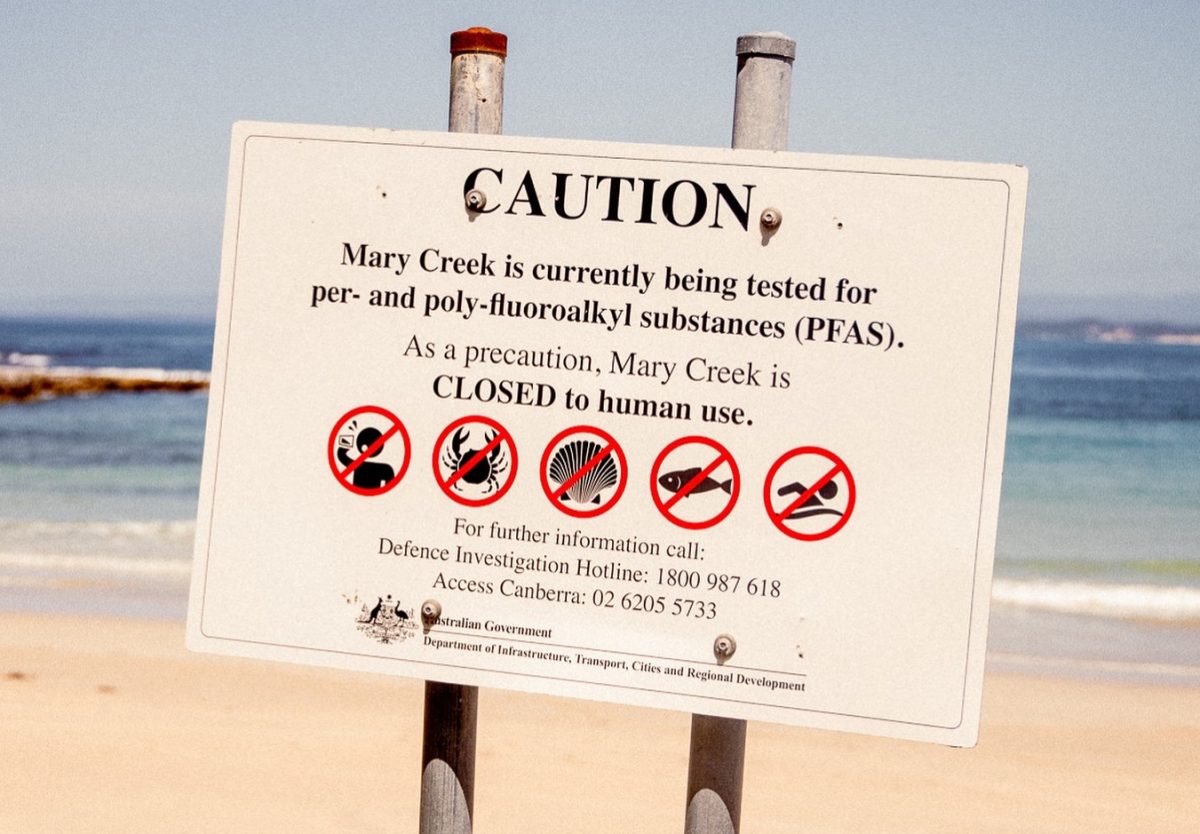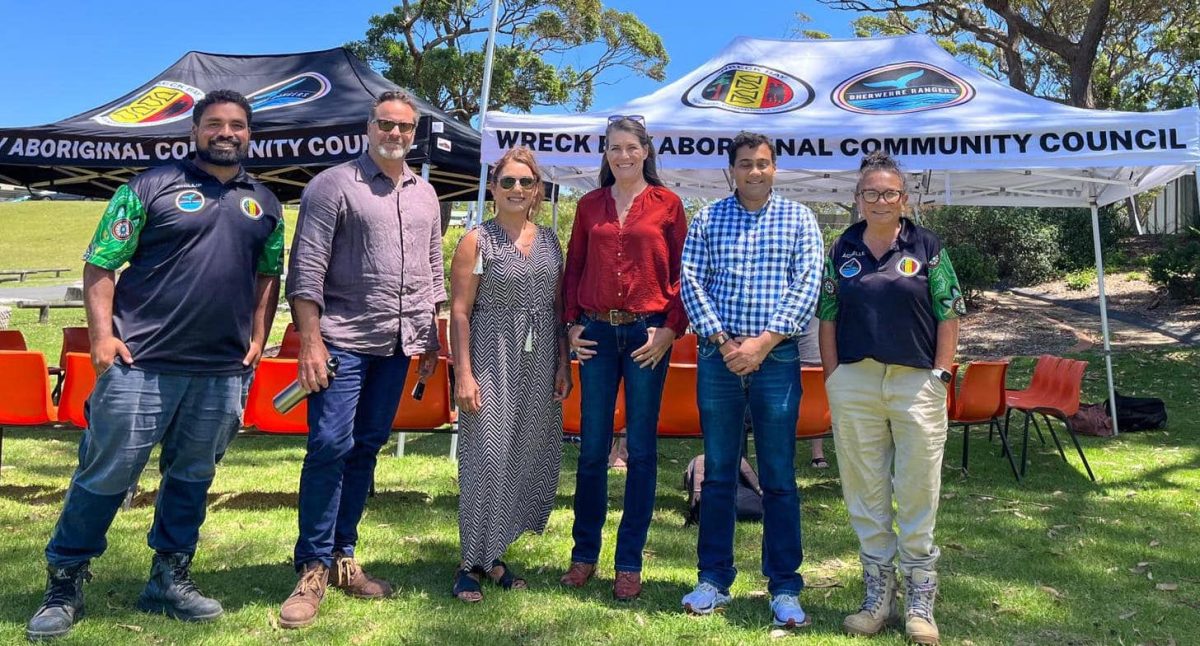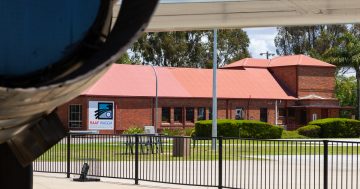
The Senate Select Committee on PFAS has heard from residents directly impacted by contamination. Photos: Perin Davey.
Members of an Aboriginal community near Jervis Bay have told the Senate Select Committee on PFAS this week that contamination from the controversial forever chemicals is a “death sentence”.
The committee sat in Nowra for its second public hearing on Tuesday (21 January) before heading to Penrith on Wednesday (22 January).
Eighty-year-old Wreck Bay elder Uncle Henry Simms told the inquiry that the men of his generation were at times “covered” in the carcinogenic chemicals.
“I haven’t got one mate out there my age left,” he said.
“A lot of them men died in their early 40s. There’s no longevity out there amongst the men who worked out in Jervis Bay and out at Creswell, they’re gone.”
The select committee is examining the extent, regulation and management of per and polyfluoroalkyl substances (PFAS) that have been commercially produced by companies like 3M, for use in non-stick kitchenware, stain-resistant fabric and firefighting foam, which was used extensively by the Defence Force before 2004.
The chemicals do not naturally break down in the environment and have been linked to poor health outcomes including cancer.
In 2023, residents of Wreck Bay secured a $22 million settlement with the Defence Force but they maintain that the impact to the community and Country is ongoing.
Community Council chairperson Aunty Annette Brown said more communication and accountability were needed.
“In consultation, Defence used tactics like it’s in your clothes, it’s in the frypan you use to cook, so it’s everywhere, so everybody’s attempted to actually evade and dodge responsibility,” she said.
“There’s a lot of deaths in the community, but the excuse is – scientifically at this point you can’t hold this chemical accountable as yet.
“You’re talking about 3M being sued. Maybe it’s the Commonwealth that gets sued for their lack of action to deal openly and transparently with the contamination that affected our community.”

The Senate Select Committee on PFAS spent time with the Wreck Bay Aboriginal community this week.
Speakers at both public hearings cited research in the United States that concluded that there was no safe level of PFAS contamination. Last year the US Environmental Protection Agency set a legally enforceable maximum level of four parts per trillion in its drinking water. Current Australian standards allow a maximum level of 70 parts per trillion.
At the hearing in Penrith, Dr Nicholas Charters from the University of Sydney said numerous international studies had linked PFAS with multiple health effects, including cancers, heart disease and immunological problems.
“These agencies use multiple streams of evidence, human, animal and in-vitro studies to come up with these conclusions,” he said.
“Empirical studies have also shown that the main manufacturers and sellers … in the US, 3M and DuPont suppressed the science from regulatory agencies for decades, which prevented timely regulation, leading to the greatest human and environmental disaster the world has seen.”
Nationals Senator Perin Davey is on the select committee and told Region that it remained a complex issue with real human casualties and no easy solutions.
“We must acknowledge there are certainly hot spots and we must acknowledge that PFAS is now in the landscape,” she said.
“We heard from a scientist today saying if you took blood samples from all of us in the room, we’ve probably all got a level of PFAS in us, but at the same time, we don’t want to inadvertently scare people.
“How do we make sure that people don’t just think – oh, there’s a health issue so it must be PFAS – and they don’t investigate other potential factors?”
Senator Davey said it had been invaluable to spend time with the people of Wreck Bay.
“Understanding the reality of it was really informative, but also from the elders of Wreck Bay, there’s a very practical approach about what we need going forward,” she said.
“They said, we would like long-term health monitoring of our community so we can better understand, as a whole society, what the actual health impacts are.
“The Wreck Bay community are offering themselves up as a sort of Ground Zero, and no-one’s accepting their offer.”
Aunty Annette said the issue impacted culture, Country and community and that only a long-term study would provide a clear picture.
“It’s not looking at us elderly, I think the damage is there already for us, but it’s a monitoring system that does track the health of our children and future generations,” she said.
“Only then will you come up with data that actually could identify causation from the little community of Wreck Bay.”
The Senate Select Committee on PFAS is scheduled to present its final report by 5 August, 2025; however, this may be impacted by the upcoming federal election.








